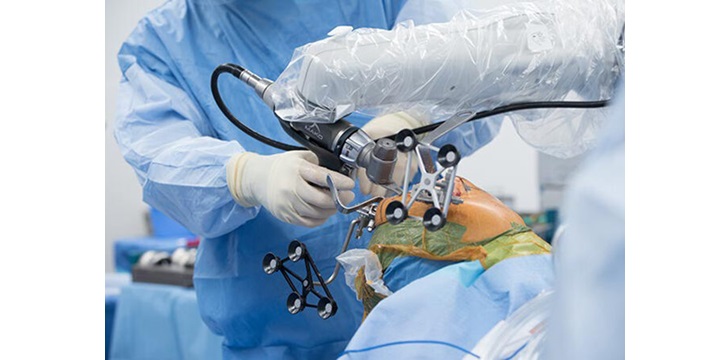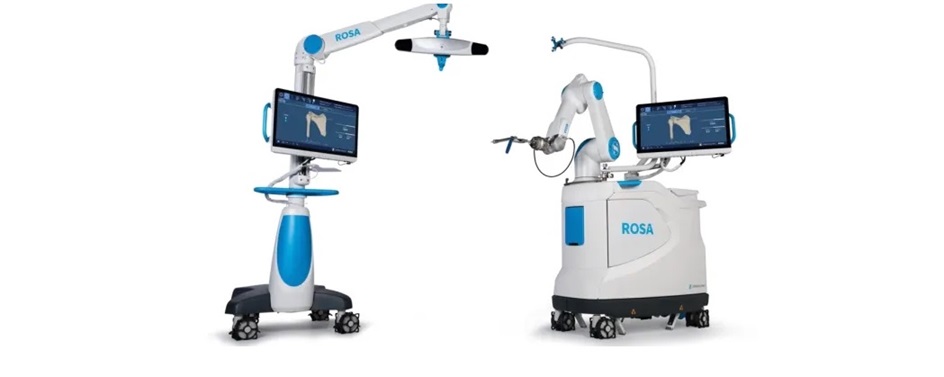As robotic assistance gains in popularity, new research has found no advantage over the conventional approach in reducing the need for knee replacement revision surgeries
April 11, 2024, Susan Kelly, Reporter –
The use of soft tissue and orthopedic robotic surgery systems has increased exponentially over the past decade, sometimes without clear-cut evidence of better outcomes for patients.
New research released at a recent meeting of orthopedic surgeons has rekindled the debate over which is the best approach to knee replacement: the conventional way, or with the help of a robot?
For now, the answer appears to be both.
The study, presented at the American Academy of Orthopaedic Surgeons meeting in February, found that patients who received a cementless total knee replacement with robotic assistance were as likely to need revision surgery within two years as those whose procedures were performed with a manual method. Both groups had similar rates of implant loosening and infection.
The research underscores the limitations of what a robot can do and helps explain why orthopedic surgeons aren’t moving all of their cases over to the platforms just yet.








